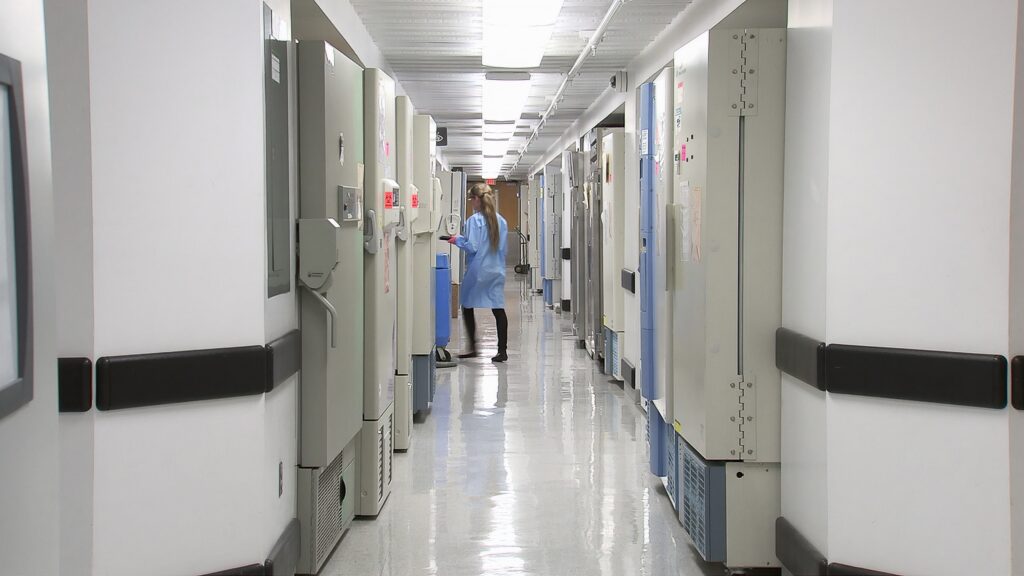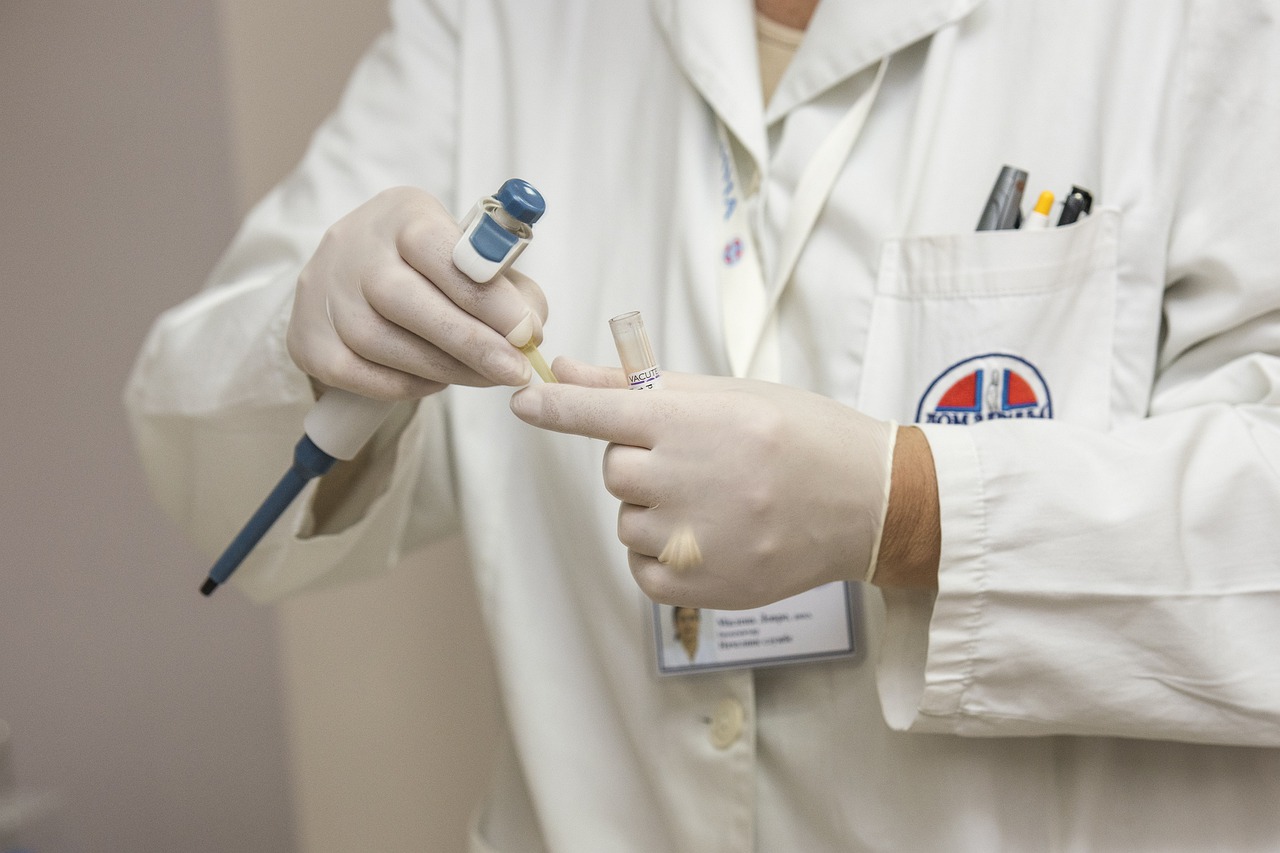What if a clinical trial were integrated seamlessly into patient care, so each patient could get maximum benefit from the treatment on trial, while saving time and money? Point-of-care trials bring clinical research into everyday healthcare, and they have both advantages and challenges.
Point-of-care clinical trials are a relatively new approach to clinical research. Their aim is to integrate clinical research, which is often carried out as a discreet project, into day-to-day healthcare delivery. This means investigators are running the trial while treating patients – the two things happen in tandem.
Despite the many benefits of point-of-care clinical trials, the approach is still only implemented in a minority of trials. This may be due to the technical and administrative challenges involved.
What’s special about a point-of-care clinical trial?
In a recent white paper, the Duke-Margolis Center for Health Policy defines point-of-care clinical research and looks in detail at its use today. Point-of-care, also known as Clinical Research as a Care Option, is an operational approach rather than a type of trial design, and can be applied to different types of clinical trials.
Clinical trials often involve an investigation team working at a specific trial site or multiple sites, meeting with participants specifically to collect data for the trial. When a clinical trial is embedded in patient care – a point-of-care approach – it fits in with existing processes. Patients attend their usual appointments at home or at healthcare institutions, and their response to the treatment on trial is monitored in real-time through their electronic health record (EHR).
The result is that the trial can progress more quickly, remain focused on collecting the most relevant data and follow the best path to a positive outcome for patients.
Here we highlight some of the benefits and challenges we see in running point-of-care clinical trials.
Benefits of point-of-care clinical trials

- Recruitment is more targeted. Recruitment is one of the biggest challenges in the clinical trial process. By tapping into existing patient records, point-of-care trials can overcome this challenge. Participants are identified according to factors such as specific genetic markers or rate of disease progression in addition to demographic parameters, using the EHR system. In some cases, investigators contact individual patients to discuss joining the trial as part of their ongoing care. This more targeted recruitment saves time and ensures the best pool of participants for the trial.
- You put patients at the heart of the research. Patient-centered clinical trials bring greater benefits to those they are intended to serve: the people who need the treatment on trial. When research is conducted as part of ongoing healthcare processes, patients may have better access to a trial that could otherwise be out of their reach.
- You can save time and money. The point-of-care approach requires the research to be aligned with existing clinical processes. This means the additional burden placed on clinicians is minimized, as they can carry out research visits during regular patient visits. Time and money are also saved in the data collection process: according to Jodyn Platt, PhD, MPH, an assistant professor of learning health sciences at the University of Michigan, 90% of the data collected in clinical trials is irrelevant, either because it isn’t used or because it’s “not germane to the primary endpoint.” When research is part of clinical care, data collection can focus on the endpoint – such as duration of hospitalization – making it more efficient.
Point-of-care clinical trials also bring challenges

- The technology doesn’t exist (yet). The EHR is central in point-of-care trials, but it isn’t sufficient to support all the technological needs of the trial. Because of this, tech add-ons and related software are usually needed to ensure investigators can identify and recruit participants, monitor their responses and collect and analyze data. As yet, there is no single tech solution that meets all the needs of a healthcare-embedded trial.
- The approach doesn’t always fit. Point-of-care implementation works best for trials of drugs that have an established safety profile – for example, drugs that are already approved for one use being tested for another. They are suitable for answering questions with a measurable endpoint, such as mortality, that doesn’t require any follow-up or lab testing. However, the approach isn’t best suited to large-scale randomized controlled trials seeking to establish a risk profile of a new medication.
- There are administrative obstacles. Like with any trial, the legal and regulatory administration involved in setting up and running a point-of-care clinical trial may impact the feasibility of the study. Factors like consent, data collection and approval processes can increase the time and investment required.
What does the future look like?
When clinical research becomes part of patient care, the system changes into one that learns and adapts, ultimately benefiting all patients. And because point-of-care trials are conducted alongside patient care, they are more widely accessible, becoming an integral part of healthcare.
If you need support setting up your point-of-care clinical trial, contact Siron Clinical to discuss your options.




0 Comments